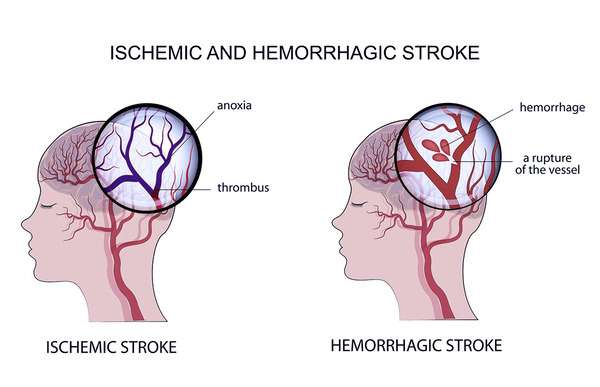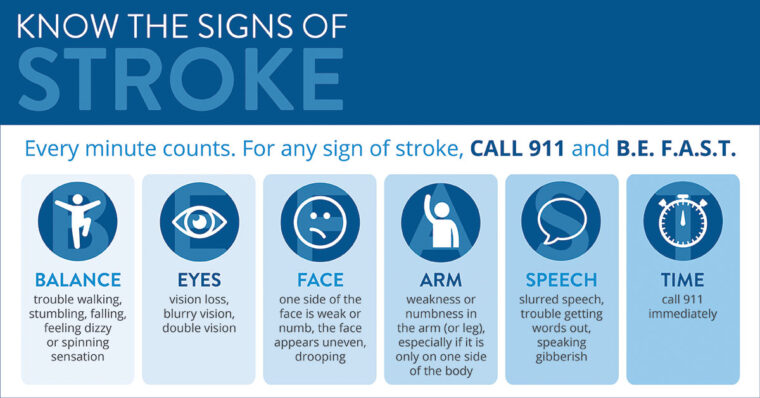An ischemic stroke occurs when the blood supply to part of the brain is blocked or reduced, depriving brain cells of oxygen and nutrients. Ischemic stroke is the most common type of stroke, accounting for approximately 85% of all cases.
This type of stroke is caused by a blood clot or other obstruction that blocks an artery supplying blood to the brain. Without an adequate blood supply, brain cells begin to die, leading to various neurological problems. Ischemic strokes can result from the formation of blood clots with the arteries supplying the brain, often due to atherosclerosis (narrowing of the arteries), or an embolism (a clot that forms elsewhere in the body and travels to the brain).
One of the primary risk factors for ischemic stroke is hypertension or high blood pressure. Uncontrolled hypertension can damage blood vessel walls, increasing the likelihood of clot formation and blockages. Managing blood pressure through lifestyle changes and medications is crucial for reducing ischemic stroke risk.
Diabetes is another significant risk factor, as uncontrolled blood sugar levels can contribute to the development of atheroscelorsis and increase the chances of ischemic stroke. Maintaining proper blood sugar control is essential for stroke prevention.

High cholesterol levels also play a role in the development of atherosclerosis, further increasing the risk of ischemic stroke. Adopting a heart-healthy diet and taking appropriate medications to manage cholesterol levels can help mitigate this risk factor.
Modifiable Risk Factors for an Ischemic Stroke
Smoking tobacco is a modifiable risk factor that increases the likelihood of ischemic stroke. Quitting smoking can significantly reduce this risk and improve overall cardiovascular health.
Recognizing the symptoms of a stroke is crucial for prompt medical intervention. The BE FAST acronym can help identify common signs. Balance (sudden loss of balance or coordination), Eyes (sudden vision changes), Face (sudden weakness or drooping to one side), Arms (sudden weakness or numbness), Speech (sudden difficulty speaking or slurred speech), and Time (call 911 immediately if any of these symptoms occur).
While ischemic strokes can have devasting consequences, there are steops individuals can take to reduce their risk. Regular exercise, maintaining a healthy weight, and adopting a balanced diet rich in fruits, vegetables, and whole grains can promote cardiovascular health and decrease the likelihood of developing risk factors like hypertension, diabetes and high cholesterol.
Remember, the information provided is for educational puposes only, and should not be taken as medical advice. Please consult with a healthcare professional for personalized guidance and recommendations.
Barry Schustermann
Follow me on X @BarrySchust
Follow me on Facebook @ Barry Schustermann



